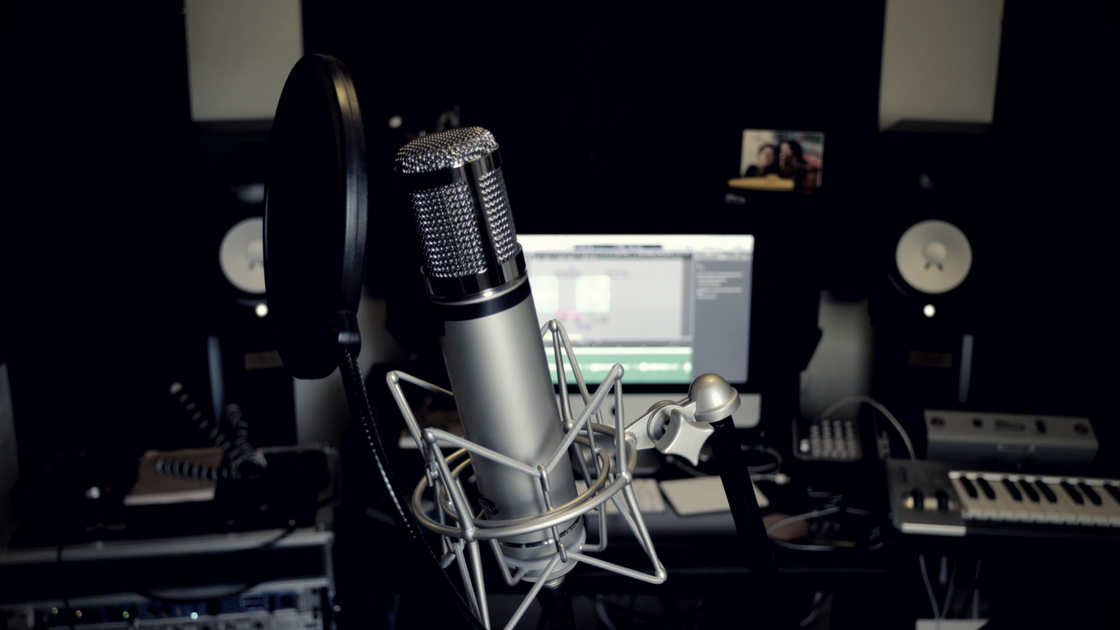As you may have noticed, I recently rebranded my business. This time I simply used my name: Ben Wallick, Music Producer. At the time I wanted to sound more professional than "Sonic Itch" and I figured my name was a good place to start. Besides, every project I've worked on in any capacity could help solidify my place in the scene. I may not have realized to what extent this was true at the time but now I believe that this "minor" rebranding was one of the best business decisions I could have made.
For years I had been marketing an affordable recording studio in Jerusalem. I tried as hard as possible to bring people in and to make things sound great but I struggled. Big time. My client list staggered, growing slowly but never generating enough income to pay my bills (luckily the wedding band I was playing in was covering that). I had a business mentor who tried really hard to push me to find more clients and to think of my unique selling proposition (USP) but I just wasn't smart enough - or at least experienced enough - to see through it all. In fact I didn't realize what I was doing wrong until after I had already rebranded my business...
Things were thankfully on the up and up when it finally did hit me one night while folding laundry (thanks in part to Seth Godin who's excellent work I had been devouring). The idea of marketing a recording studio in Jerusalem in 2017 was a terrible idea. The only studios that can remain open these days are the #1 studios. Even some of the great studios in LA - which has a way bigger and better market than Jerusalem - have shut their doors. They just weren't #1. The chances of being #1 are really slim and trying to make my studio affordable made those chances even smaller. Studios are closing because people can do almost everything a multi-room complex can from the comfort of their own bedroom. Nobody needs another recording studio. They're expensive and the few that still remain are struggling to keep their doors open. It was so obvious to me at that point why my business had been fledgling.
My small production room can accomplish what would have required a multi-room recording complex a decade ago...
What I failed to see in all those meetings with my business mentor was that I was trying to market the "studio" when I should have been promoting myself. Jerusalem doesn't need another recording studio but, along with the rest of the world, it does need more innovative music producers and songwriters willing to take risks, go to great lengths for the sake of the song and who understand their clients' wishes and needs. So even if it's impossible to be #1 in the physical space game it's not impossible to be #1 in terms of blending your own mix of creativity, interpersonal skills and understanding of song-craft and musicians' needs.
I was my own unique selling proposition and so are you. The talent and knowledge you bring into the room is what makes you valuable in the music industry. Not the studio you work in or the gear you own or even the Fender Custom Shop Stratocaster you play. 2017 is not the year to open a recording studio but it is the year to be proud of the valuable work you do. So don't sell yourself short.




